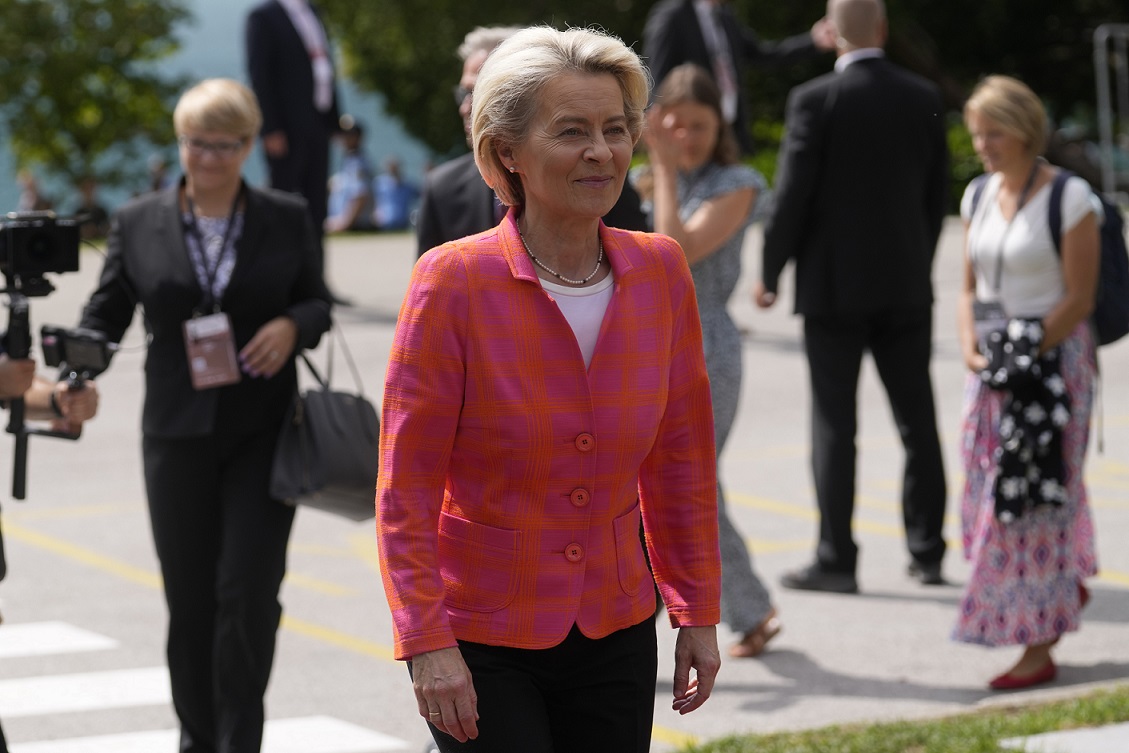In recent days, electricity prices in Europe have hit records beyond imagination. When they exceeded €1,000 per MWh, it was the turning point that shook European politicians and, after months of inactivity, finally stirred them not yet to drastic action but at least to resolute statements.
That price of €1,000 per MWh is more than twenty times the price of 2020. Everyone can calculate how much their electricity and gas bills would cost if they were to rise twenty times in two years. That price is not bearable, in fact, that price is liquidation. That price means the disruption of the European economy and society.
Traders on the energy exchange were testing where the limits of tolerance were. When will the politicians say enough is enough and announce that the electricity market in its current form has failed in Europe? It has become a strange, twisted, over-regulated place full of speculators, and electricity is artificially and unnecessarily expensive for people and companies.
[pp id=46978]
Electricity is not produced more expensively than in 2020. The difference between the then and the current price goes purely into the profits of energy companies — not only manufacturers but also all kinds of traders. They turned the energy shortage, artificially induced by the European Green Deal and fueled by Putin’s games with gas, into a playground where they tested how far they could raise the price.
That massive increase in prices resulted from the European pricing system, which is determined by the most expensive source. According to its price, all other suppliers cash out. For a long time, the most expensive resource has been gas, which has been driving up all other prices.
Since the end of last week, the number of politicians in Europe calling for a price cap and an end to the current pseudo-market with electricity has been growing. Political leaders in Spain, Belgium, and Austria have all called for change, and finally on Friday, Czech Prime Minister Petr Fiala joined them.
[pp id=46681]
But it still wasn’t enough pressure for electricity traders to believe that the European Union is ready to change its twisted electricity market. They only believed when, on Tuesday, at the economic forum in Slovenia, the president of the European Commission, Ursula von der Leyen, admitted the failure of the current electricity trade system and promised that Brussels would come up with a fundamental reform very quickly.
The merchants and traders believed her, which why electricity started to become cheaper. It is similar to when a currency appreciates or falls.
Von der Leyen promises that a new system for setting the price of electricity in Europe will be on the table very quickly. For now, there is a debate about not including gas in the price, as it has become very erratic and unstable due to Russian uncertainty.
[pp id=46771]
Yesterday’s drop in price shows how important words are sometimes, in case traders believe them. Further discounting of record-expensive electricity will depend on how quickly actions follow. Petr Fiala, as the presiding prime minister of the country that holds the EU presidency, now has a historic chance to arrange another rapid drop in the price of electricity if he doesn’t hesitate and acts quickly.
In addition to the electricity trading system, the emission allowance system is ripe for a quick stop. It has also degenerated and does not fulfill its original purpose. Although allowances are at a record high, emissions are also at a record high in Europe, for example, in Germany where a significant amount of electricity is currently produced from coal.






